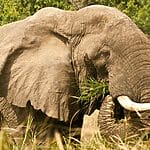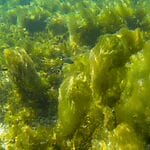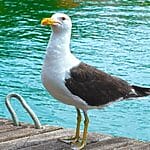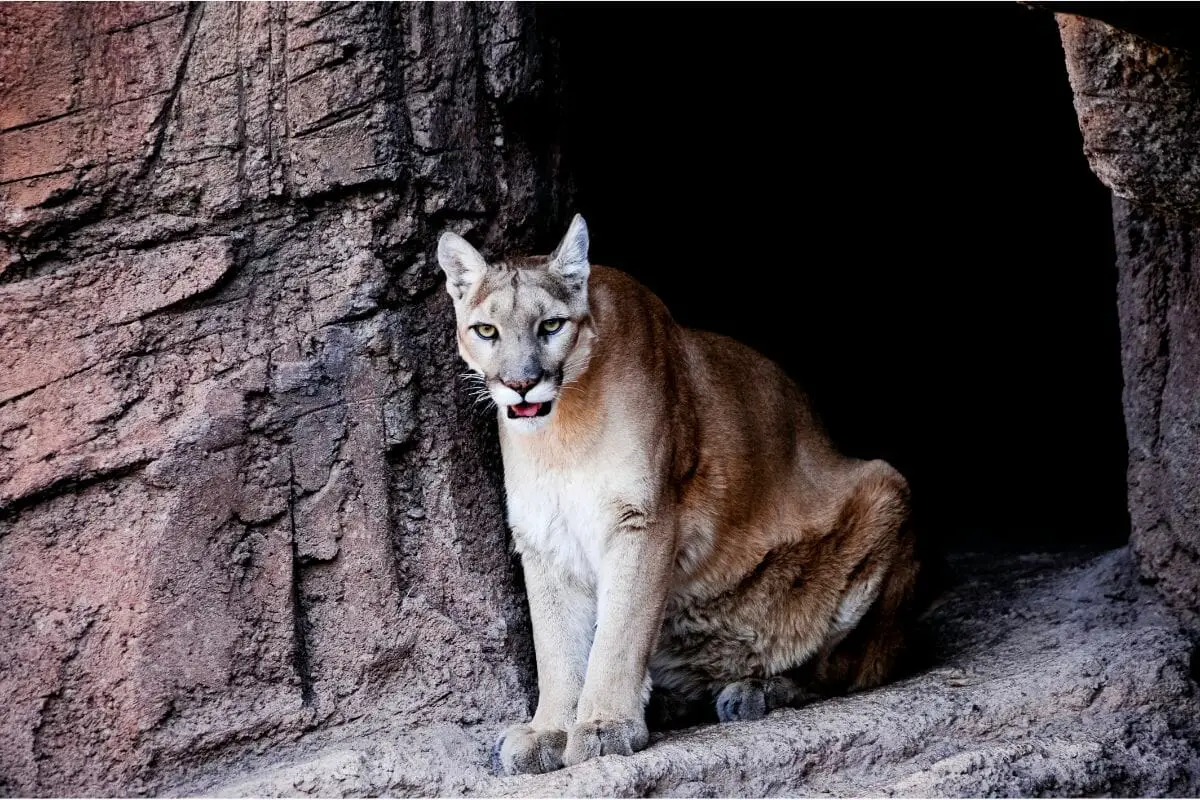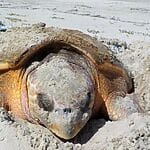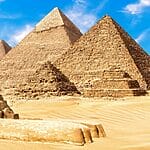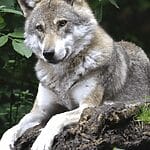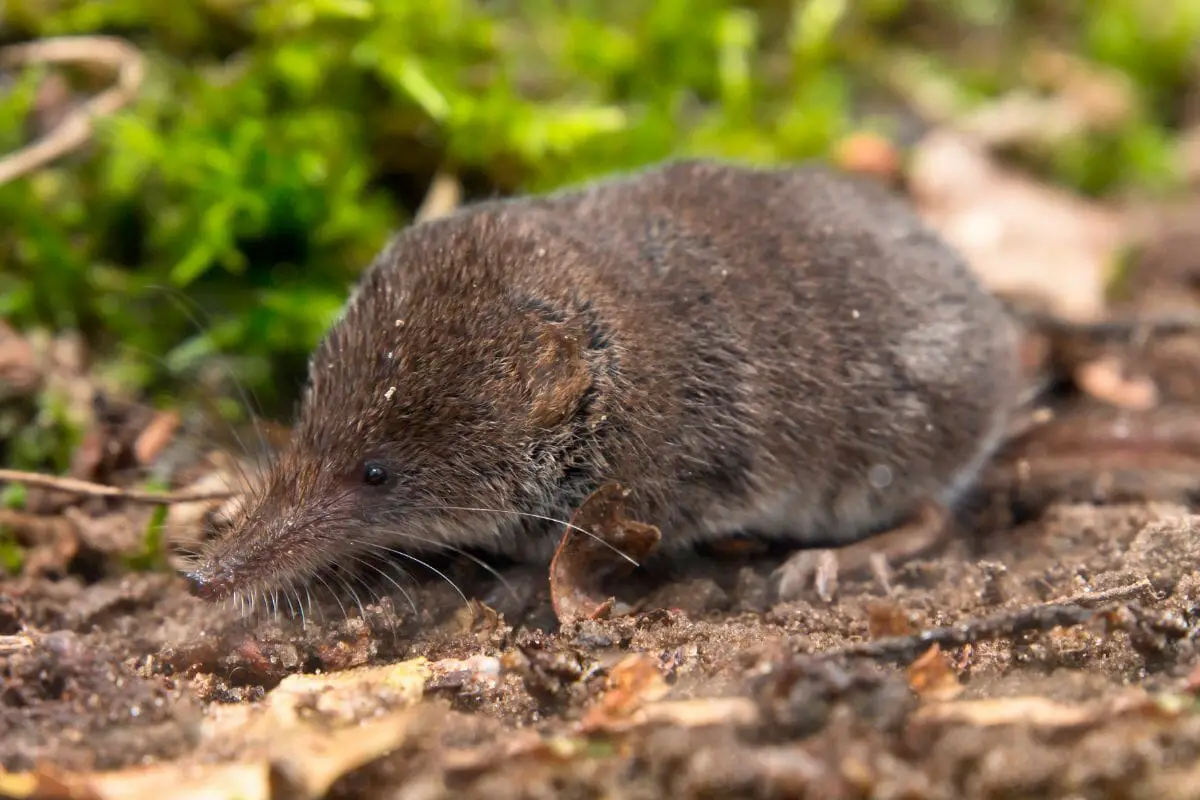The food chain is one of the world’s most important and immutable rules. Certain species of the food chain stand at the very top and feed on animals below, which also feed on animals below them.
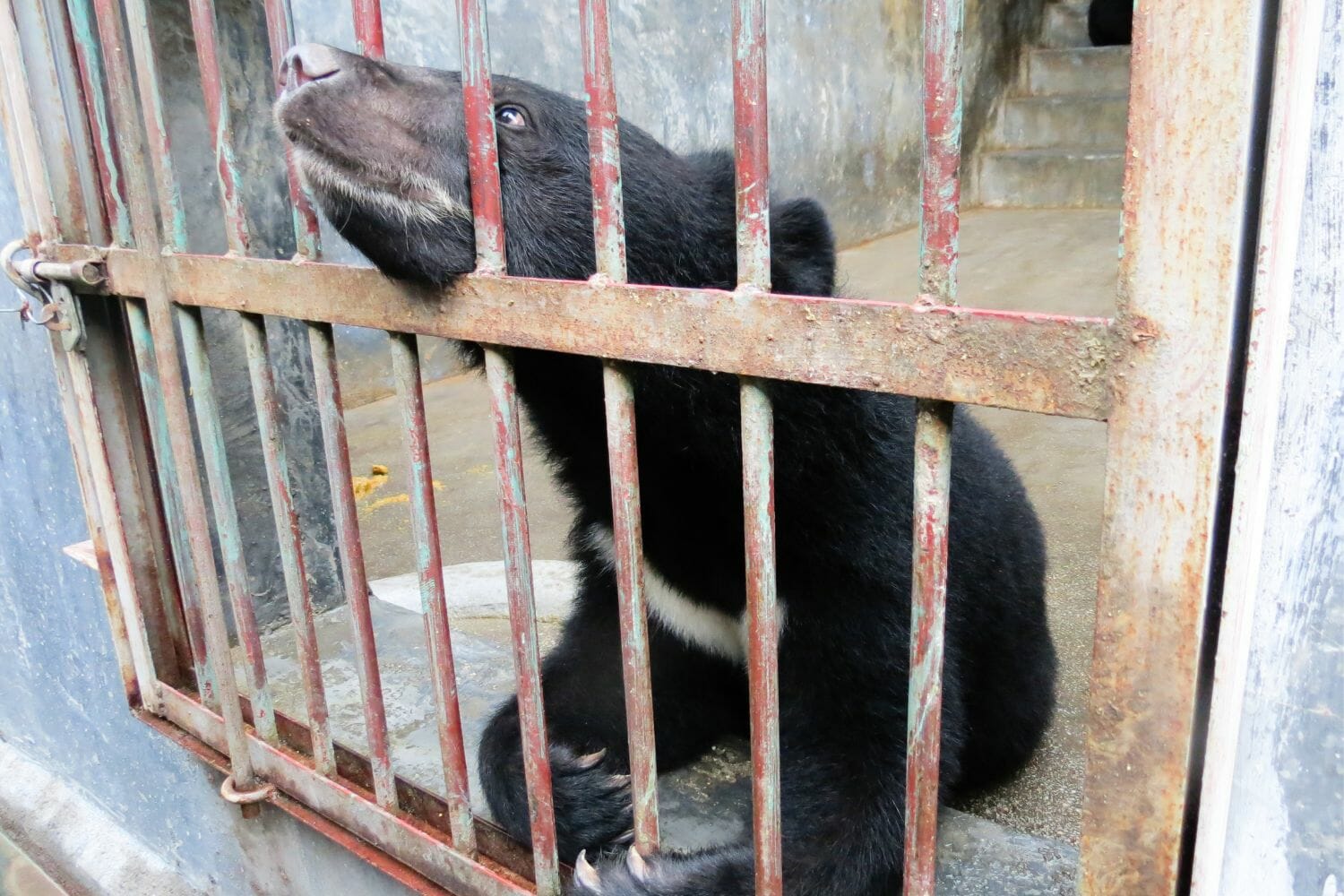
The food chain helps to keep the world moving and helps to ensure that certain species are able to survive in the future. In fact, there are some animals that feed almost entirely on another species specifically.
If those animals were to ever find themselves unable to find those species to feed on, then they would face some serious trouble, and perhaps even a threat of extinction!
But while, in some cases, this can occur naturally, as some species come out on top, human intervention can also play a key role in affecting the food chain and making it harder for certain species to survive.
One of the human behaviors most commonly associated with changes to the food chain is poaching. But what effect does poaching actually have on the food chain? And why is it a behavior that is frowned upon so strongly?
Join us down below now to find out!
What Is Poaching?
In order for us to better understand the impact that poaching can have on the environment and the creatures that live in it, it would be important to make sure we know exactly what poaching is.
Poaching is the act of hunting or capturing wild animals (see also: Animal Trafficking: Prosecution, Fines, And Sentencing For Poaching)in an illegal manner. This generally refers to hunting animals on land that is owned, or that is privately protected.
Poaching was once done, generations ago as a way for humans (see also: 5 Ways Humans Can Prevent Unnecessary Killing)to supplement insufficient diets with meat, however, with the much wider accessibility of food, the act of poaching can no longer be justified in such a way, as it is simply killing animals for sport.
Hunting itself is not illegal and may be encouraged by certain governments, especially if there is a need for the culling of a certain species to help protect agriculture or other species.
However, hunters that are hunting legally need to ensure that they have permission to hunt and that they have the requisite licenses. Hunting without these would be considered to be poaching.
How Does Poaching Affect The Food Chain?
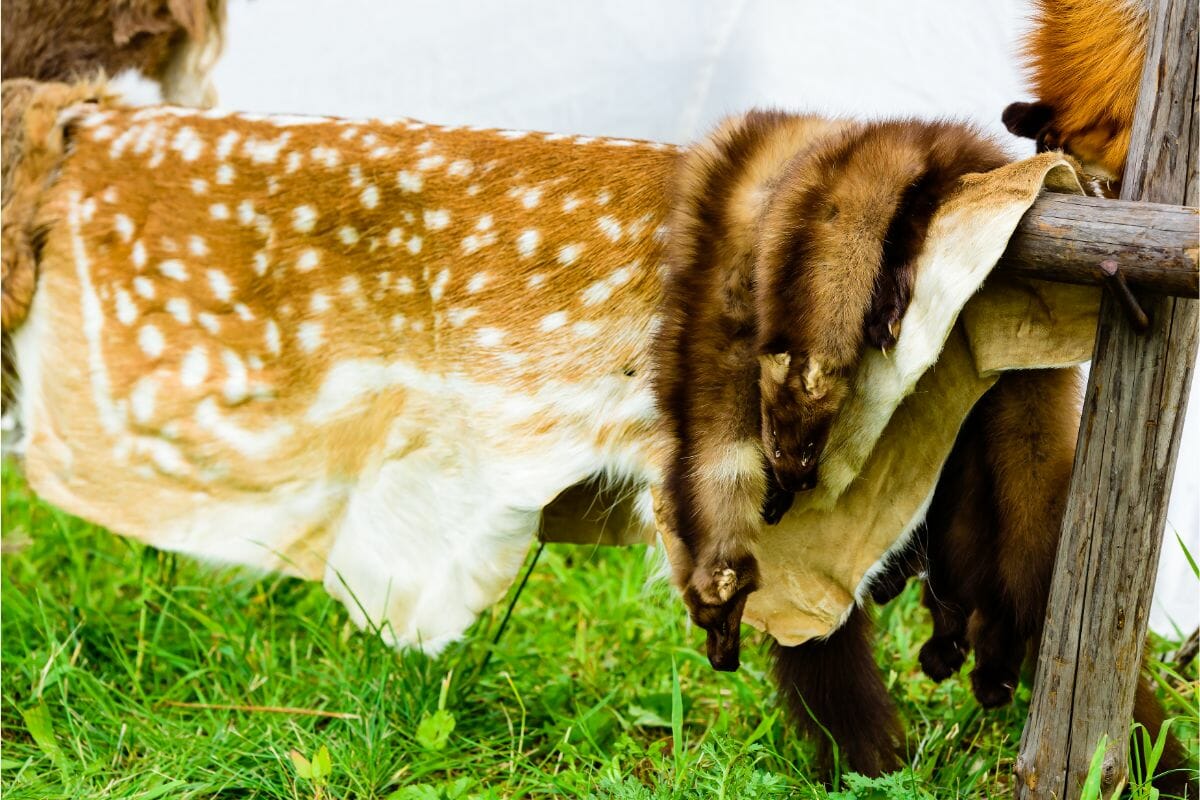
Poaching has a massive impact on the food chain, and it is an impact that can often be overlooked. Poaching a species, naturally, will cause there to be less of the species around.
This means that if there is another animal on the food chain that feeds specifically on that species, then its available food sources will slowly be diminished. This will mean that many creatures of that species will then begin to die off from hunger.
Of course, this then has a snowball effect, as many species that are affected by lower availability of their food source may also be a food source for an animal above it in the food chain.
This means that poaching just a few of a specific species can have a massive butterfly effect that can cause massive damage to other species.
However, poaching does not just refer to the merciless killing of animals for sport, as it also refers to the act of capturing and moving animals from one place to another.
The act of capturing animals is no better than hunting them, as introducing animals from one location to another can cause that species to become invasive, impacting other animals in the food chain.
Of course, the wider ramification of poaching is that some species may face extinction (see also: How Many Species Go Extinct Because Of Poaching?)as their numbers dwindle either as a direct result of poaching or as a result of less food for other species on the chain.
Is Poaching Dangerous To Humans?
Yes! Though the effects of poaching can most clearly be seen on the food chain, there are actually a number of impacts that poaching can have that can make it dangerous for human health!
Animals that are poached are often sold for their meat, at extortionate prices, and this meat has often been linked to illness in those that consume it.
The meat is not properly handled and often traces from things such as bullets can cause illness in those that consume it. There is also a high risk of death from illnesses that come as a result of eating poached meat.
Many of the world’s most threatening diseases come directly from animals, and the mishandling of meat from poached animals can of course have a massive impact on causing potential new pandemics and epidemics.
Certain meats sold on wet markets or made from poached animals (see also: What Is Animal Poaching?)may contain pathogens that can cause a new virus or disease to spring up!
Is Poaching Dangerous To The Environment?
Absolutely. Poaching can have a direct and noticeable impact on the wider world around us. Many creatures across the world help to maintain our environment.
These are known as ‘Keystone’ species that are responsible for helping to shape ecosystems physically. Bees are a good example of a keystone species, as they help to keep plant life alive by helping to provide helpful things like pollen.
Poaching these keystone species has actually had a very noticeable and proven (see also: 10 Proven Methods To Stop Poaching)impact on the environment.
Some entire ecosystems around the world have actually been entirely killed off as a result of poaching just one of the keystone species of that ecosystem.
This displays the sheer power that poaching can have, and proves why it is a very destructive and careless act.
Where Is Poaching Most Common?
Poaching occurs most often in regions like Asia and Africa, where there are wide arrays of unique creatures in the ecosystem.
These animals are hunted, and then their meat, pelts, or even unique body parts such as teeth are then sold off at markets for often extortionate prices.
These markets are often the entire source of income for many people in Asia and Africa.
Of course, these markets have also been linked to higher risks of new diseases being introduced, which can lead to widespread pandemics and epidemics that reach across the world.
Poaching has become so widespread in Asia that it has reached a critical point at which action must be taken by local governments to help curb the practice. A large number of species have died off as a result of poaching in Southeast Asia alone.
As well as this, in Africa, poaching may be illegal, but this does not deter rogue poachers from hunting animals in areas such as Kenya, Zimbabwe, and South Africa.
This widespread poaching, despite being illegal, has led to the near-extinction of many species in Africa.
To Wrap Up
There we have it! Though it is often overlooked, the impact that poaching can have on local wildlife in specific ecosystems is incredibly massive.
Many species have died off as a direct result of poaching, which in turn can have an impact on the food sources of many other animals above them in the food chain.
This can create a snowball effect that can see a number of species very quickly dying off as a result of poaching just one species!

